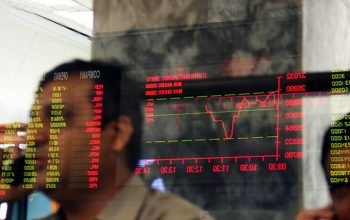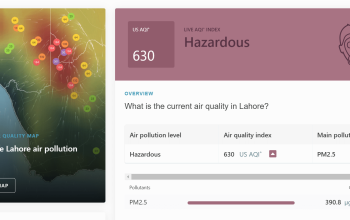In the financial year 2024 (from July to April), passenger auto sales witnessed a significant decline to 62,962 units, marking a staggering 29% decrease. This downturn is attributed to various factors including high interest rates, soaring inflation, and diminishing purchasing power, as reported by the Pakistan Automotive Manufacturers Association (PAMA).
PAMA’s data also revealed a sharp drop in sales of trucks and buses, plummeting to 1,747 units (down by 41%) and 371 units (a decrease of 35.3%), respectively. Similarly, sales of jeeps and pickups dwindled to 16,633 units, reflecting a decline of 37.8%. Moreover, both two and three-wheeler sales, including motorbikes and rickshaws, experienced a reduction to 941,406 units (a decrease of 6.5%).
In contrast, the sales of farm tractors showcased a promising trend, witnessing a notable surge of 38,282 units (representing a 56.6% increase).
Read Ban on motorcycle rickshaws announced
Auto Sector Analyst Mashood Khan noted that the auto industry has encountered a myriad of challenges over the past two years. However, he highlighted the positive trend of increased sales in farm tractors, attributing this uptick to the efforts of the Special Investment Facilitation Council (SIFC). Khan highlighted the significant strides made by the SIFC in addressing agricultural sector issues, particularly with the introduction of corporate farming initiatives aimed at reclaiming barren and waste land for agricultural purposes.
“If the government doesn’t reduce its hefty taxes, lower the record-high interest rates, and encourage Original Equipment Manufacturers (OEMs) to gradually localise the automotive industry, revitalising the struggling auto sector will remain a formidable challenge,” he stressed.
He warned that without these pivotal initiatives, annual car sales might fail to reach 0.4 or 0.5 million units. Khan underscored the necessity of bringing car leasing rates down to single digits, thereby providing buyers with the opportunity to purchase automobiles.
Furthermore, Khan lamented the rapid decline in bus sales, attributing it to the influx of Completely Built-Up units (CBUs) imported by provincial governments. He urged the government to impose a ban on CBU imports to bolster the local industry, which is grappling with challenging times amidst rising unemployment.
Industry experts also criticised the government’s policies promoting the importation of CBUs and used cars, which pose significant challenges to the domestic automotive sector.
In February 2024, 3,213 vehicles were imported compared to imports of just 396 units in the same month of 2023, showing a staggering 711% increase.
“The growth in sales of the local auto industry, which has been under pressure since July 2022, after a hiatus of 19 months is being nullified by the hefty rise in imports of used cars,” remarked Aamir Allawala, Chief Executive Officer of Tecno Auto Glass Limited.
Published in The Express Tribune, May 14th, 2024.
Like Business on Facebook, follow @TribuneBiz on Twitter to stay informed and join in the conversation.
Read the full story at the express tribune website.


